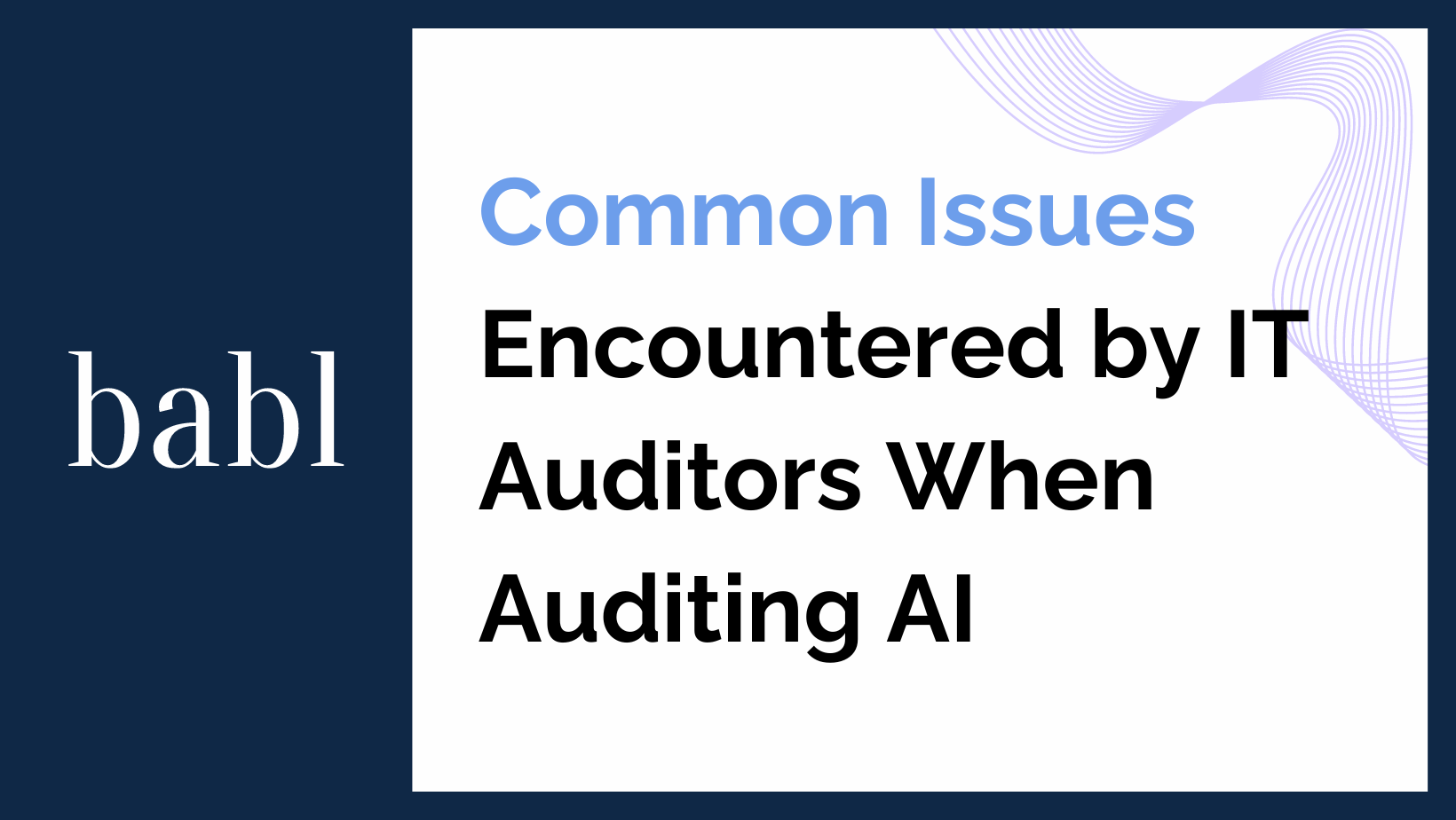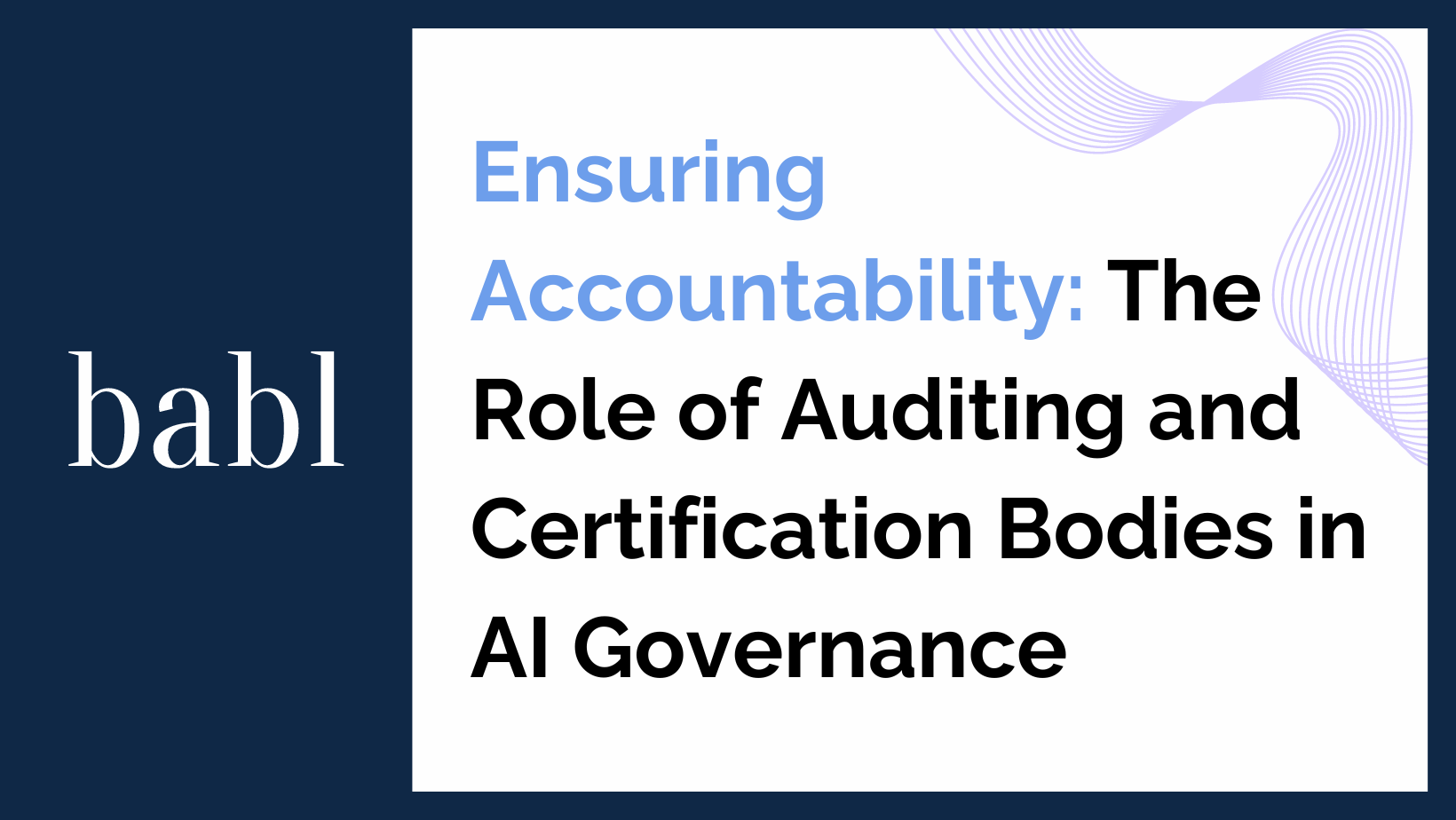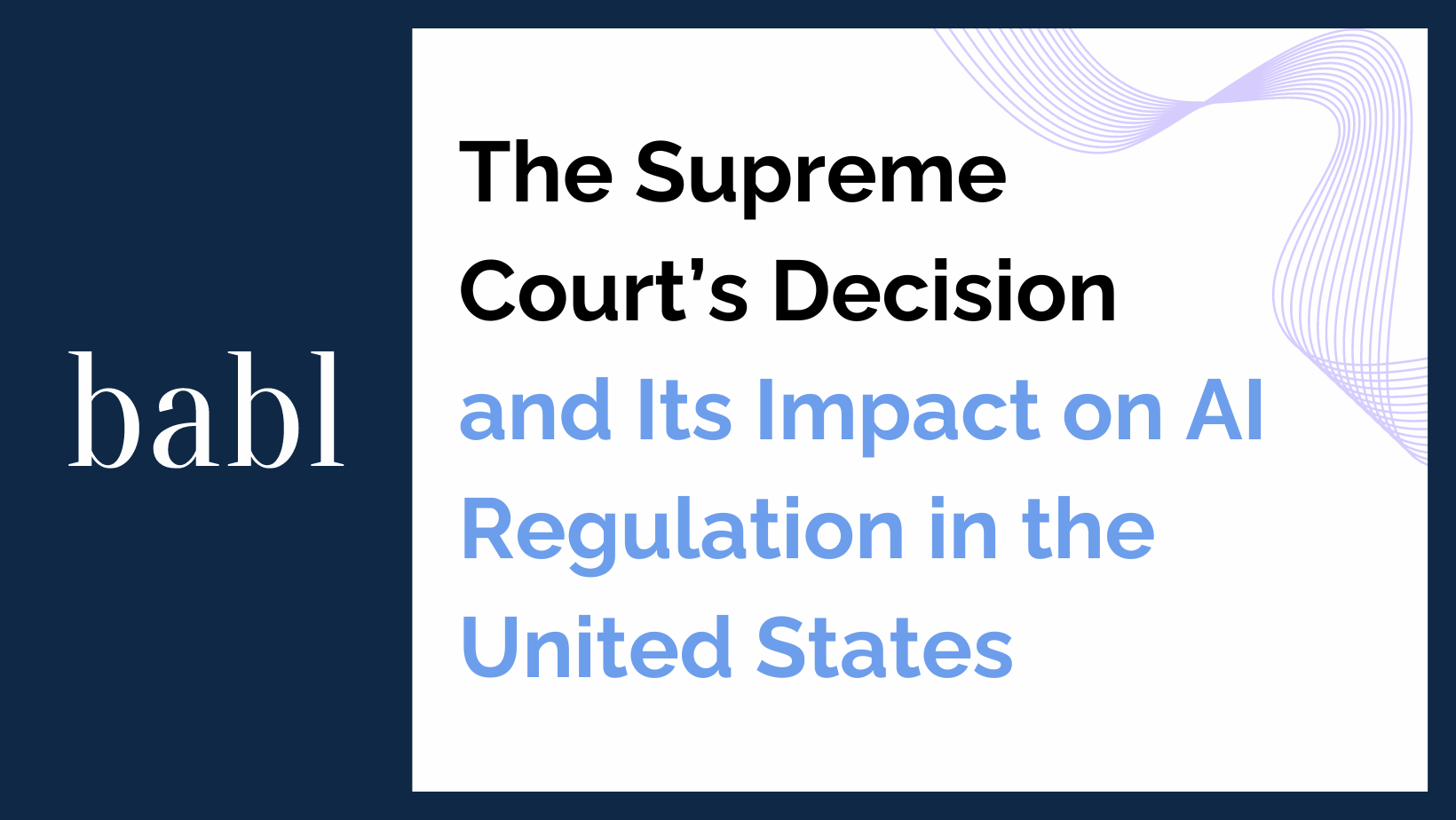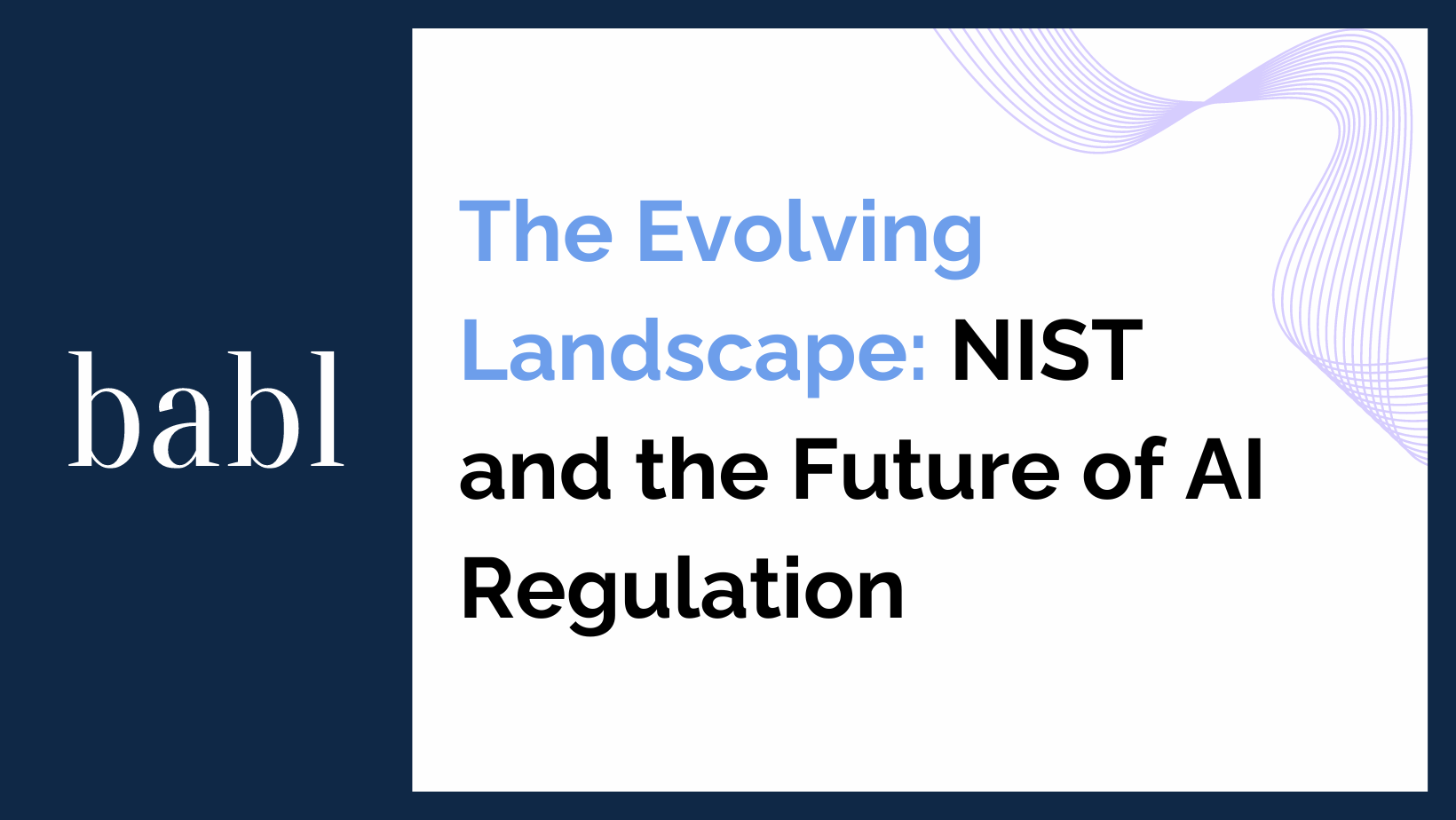IT auditors play a crucial role in evaluating the effectiveness, security, and compliance of AI technologies within organizations. As AI systems become increasingly integrated into business operations, IT auditors face unique challenges and complexities in assessing these advanced technologies.
One of the primary issues is the socio-technical nature of auditing AI systems. Unlike traditional IT audits that focus primarily on technical aspects, auditing AI systems requires a deeper understanding of the interaction between humans and AI algorithms. This socio-technical aspect involves assessing how users interpret and act upon AI-generated outputs, the transparency of AI decision-making processes, and the level of trust users place in AI systems. IT auditors must navigate these complex human-AI interactions to ensure that AI systems align with ethical standards and regulatory requirements.
Transparency emerges as a key concern for IT auditors when auditing AI systems. The opacity of AI algorithms and the lack of explainability in AI decision-making pose significant challenges for auditors in assessing the fairness, accountability, and reliability of AI systems. Auditors must scrutinize the data inputs, algorithmic processes, and outcomes of AI systems to identify potential biases, errors, or ethical implications. Ensuring transparency in AI systems is essential for building trust among users and stakeholders and mitigating the risks of algorithmic bias or discrimination.
Data governance and privacy issues also feature prominently as common challenges for IT auditors auditing AI systems. The text emphasizes the importance of data protection, security, and compliance with privacy regulations in the context of AI technologies. Auditors must assess how organizations collect, store, process, and share data within AI systems to ensure that personal information is handled responsibly and in accordance with legal requirements. Data governance frameworks, data access controls, and data protection measures play a critical role in safeguarding individuals’ privacy rights and mitigating the risks of data breaches or misuse in AI systems.
Furthermore, IT auditors encounter technical complexities when auditing AI systems, such as assessing the robustness and reliability of AI algorithms, evaluating the performance of AI models in real-world scenarios, and identifying vulnerabilities in AI applications. Auditors need specialized knowledge and skills in data analytics, machine learning, and AI technologies to effectively evaluate the technical aspects of AI systems and processes. Additionally, understanding the unique risks associated with AI, such as cybersecurity threats, model drift, and data bias, is essential for conducting comprehensive audits of AI technologies.
In conclusion, auditing AI systems presents a myriad of challenges for IT auditors, ranging from socio-technical considerations to transparency, data governance, and technical complexities. By addressing these common issues and adopting a holistic approach to auditing AI technologies, IT auditors can enhance the effectiveness, security, and ethical integrity of AI systems within organizations. Proactively identifying and mitigating risks in AI systems is essential for ensuring compliance with regulations, protecting privacy rights, and fostering trust in the ethical use of AI technologies.
If you have questions or concerns about AI, don’t hesitate to reach out to BABL AI. Their Audit Experts can offer valuable insight, and ensure you’re informed and compliant.





